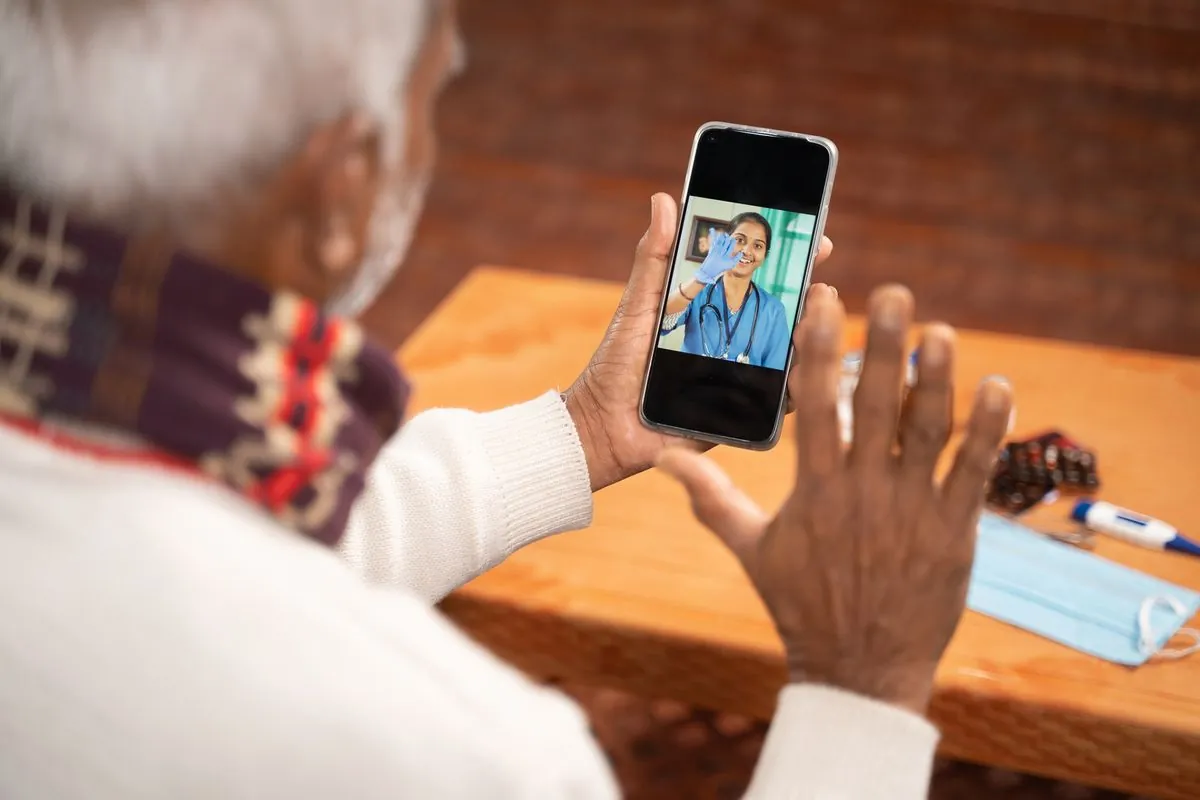UK Elderly Face Challenges in Accessing GP Services
Half of patients struggle to contact GPs by phone, with elderly particularly affected. Digital systems pose barriers for vulnerable groups, raising concerns about equal access to healthcare.

In recent years, accessing general practitioner (GP) services in the United Kingdom has become increasingly challenging, particularly for elderly patients. A nationwide survey of 760,000 individuals reveals that only half of patients find it easy to contact their GP's surgery by phone, a significant decrease from 80.8% in 2012.
The National Health Service (NHS), established in 1948 and now the fifth largest employer globally, is facing criticism for failing to meet the needs of its elderly population. Lord Darzi, a prominent academic surgeon, expressed deep concern about this issue, stating that the NHS is no longer fulfilling its commitment to those who have contributed to it throughout their lives.

The introduction of online booking systems, while aimed at improving efficiency, has created new barriers for vulnerable patients. Caroline Abrahams, director of Age UK, highlighted instances of older individuals abandoning their attempts to seek treatment due to difficulties navigating these digital platforms. This situation raises serious concerns about equal access to healthcare, a fundamental principle of the NHS.
"No one should be forced to use the digital route. There are far too many GP practices that are making it compulsory for patients to use online triage, or in some cases saying that if they can't, they have to dictate details to a receptionist to go through the system."
The COVID-19 pandemic accelerated the adoption of telemedicine, with the NHS introducing a "total triage" system to reduce in-person visits. While this approach has its merits, it has inadvertently created challenges for those less comfortable with digital technology.
Dr Adrian Boyle, president of the Royal College of Emergency Medicine, emphasized that digital exclusion affects not only the elderly but also individuals with mental health issues, learning disabilities, and other vulnerabilities. This situation is particularly concerning given that the UK has one of the lowest numbers of doctors per capita in the European Union.
The NHS and Department of Health and Social Care have acknowledged these issues and are working on improvements. Plans include hiring an additional 1,000 GPs and modernizing appointment booking systems to address the "8am scramble" for appointments. However, critics argue that more comprehensive solutions are needed to ensure equitable access to healthcare for all patients, regardless of their technological proficiency.
As the NHS continues to evolve, it must strike a balance between embracing digital innovations and maintaining accessible services for all segments of the population. The challenge lies in modernizing healthcare delivery while upholding the core values of the NHS, including equal access and quality care for every patient.


































